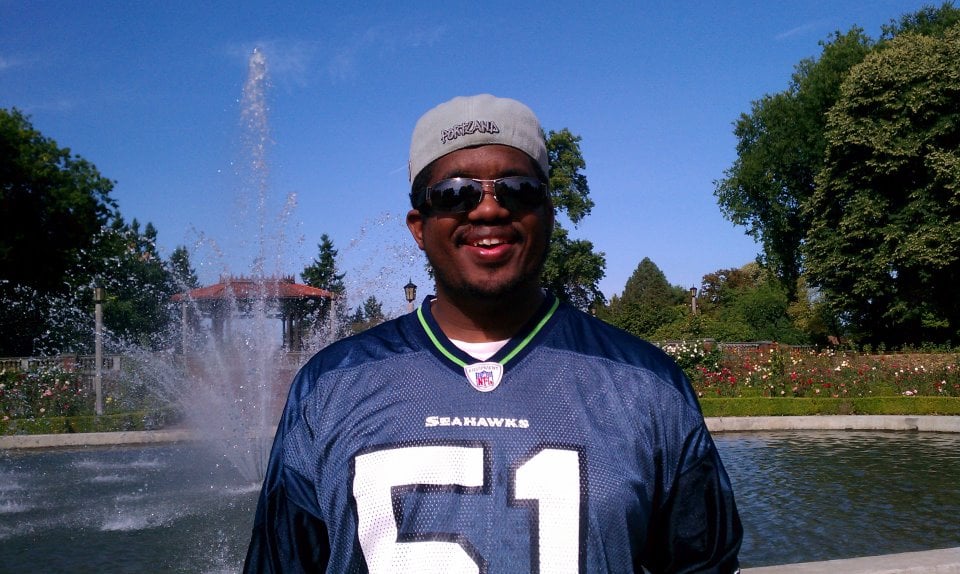 It’s that time of year again. Parents sending their little ones off to school.
It’s that time of year again. Parents sending their little ones off to school.
For the most part, parents of elementary kids are often very involved in their child’s education. But something happens when those kids hit junior high. Perhaps in an effort to help children grow up, parents become less involved. Often the only time a parent is seen at the junior high is if their child is misbehaving. By the time a child reaches high school, parental involvement is often relegated to parent-teacher conferences, if that.
My husband has taught high school for 27 years. I asked him what sets apart his best students from the rest:
Parents, he said. The more involved the parents are in their child’s education the better the student.
Here’s his recommendations for a successful school year for all you parents of older students:
– Communicate with your student’s teachers on a regular basis. Drop by and visit with the teacher. Email. Or call. It’s okay to say that you are just checking in, want to make sure your student is doing okay. Is there anything you can do to help that teacher?
– Unplug at home. Provide your student with a set time to be totally offline. No phones. No TV. No computer, unless it’s for school purposes. You should provide enough supervision so that you know your student isn’t whiling away the homework hours on Facebook or Twitter.
– Read yourself. The best students are knowledgeable about the wide world. They can discuss politics or religion, They are interested in the conditions of others. They love learning for the sake of learning. High school students love to have in-depth discussions. The more aware and involved you are as a parent, the more curious your student will be.
– Don’t focus your energy on your student’s grades. The question shouldn’t be “Are you getting an A?” The question ought to be “What are you learning? What did you learn today?”
– Expect the best from your student. Set a standard of excelling in your own life, and let your students know that you expect the same from them. Be the best person you can be and they will likely model that.
– Provide supervision. This is the one area where parents repeatedly fail. There is this sense that a lot of parents give up on their students. This is the biggest mistake parents make, a lack of oversight and supervision. Your student is not an adult. He/She needs — and I’d argue wants — supervision. This is true even for juniors and seniors in high school, who are often struggling with finding their footing into adulthood.
– The success of a child in school isn’t based upon whether they are coming from a two-parent or one-parent home. Some of the worst students have come out of two-parent homes. One of Tim’s best students was a Hispanic girl, raised solely by her father, who earned a scholarship to Princeton.
– But this is an area where grandparents, friends, or volunteers can help. If you see a child in your neighborhood who is lacking in parental oversight, be a friend to that child. Share a good book with them. Stop and talk to them. Ask them about school. Talk to them about college. Go to their sports events, if they are involved in sports, or drama productions, or band recitals, etc. Take a personal interest in them. Invite them to church, or the theater or an art show. Expose them to a world beyond the one online.











